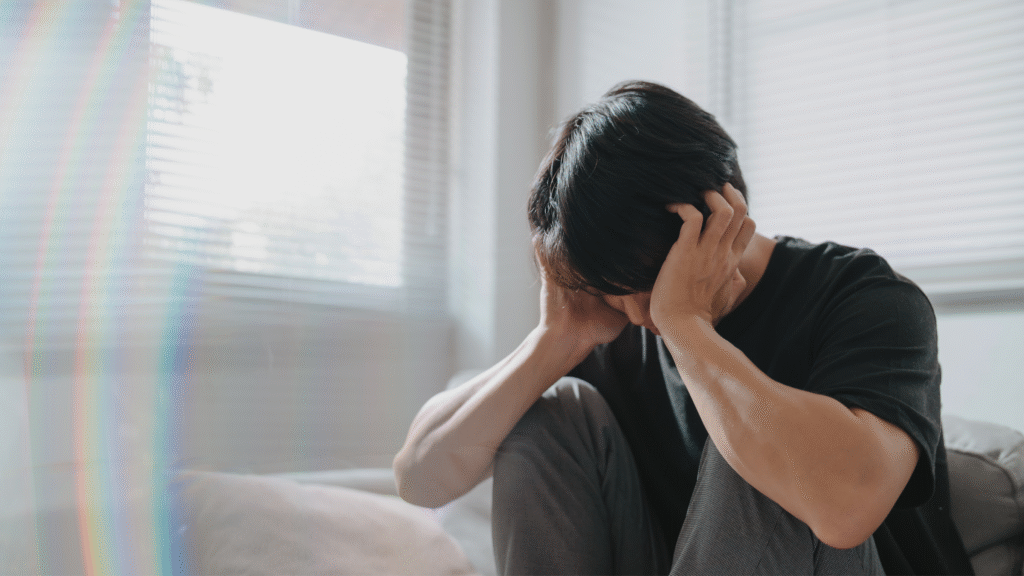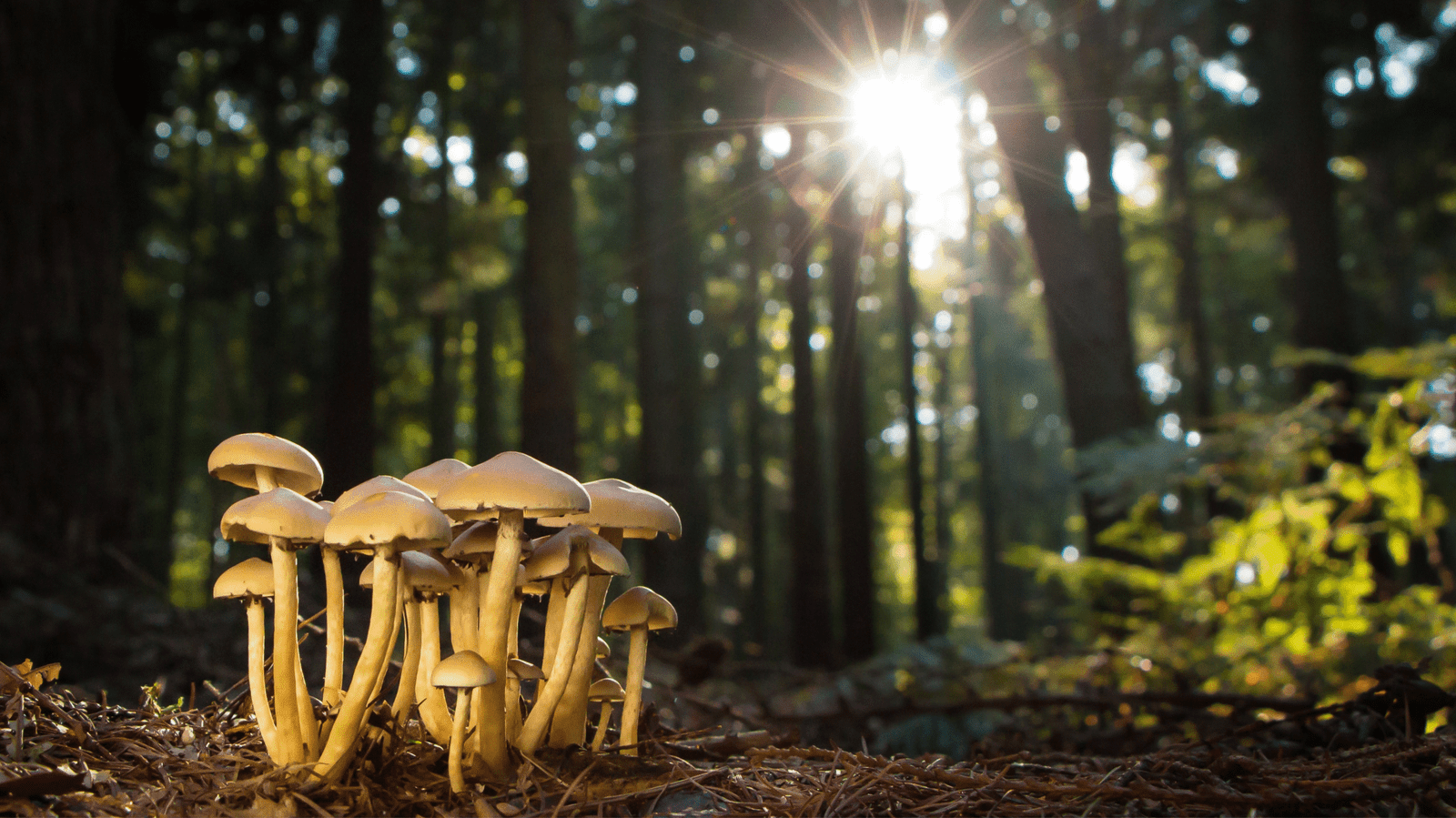Psilocybin, the active compound found in “magic mushrooms,” is rapidly gaining credibility as a breakthrough treatment for severe depression—especially cases resistant to conventional therapies. Once seen as a taboo psychedelic, psilocybin is now making its way into clinical trials, hospitals, and even national healthcare systems.

What Is Psilocybin and How Does It Work?
Psilocybin is a naturally occurring psychedelic substance found in more than 180 species of mushrooms. When consumed, the body converts it into psilocin, which interacts with serotonin receptors in the brain. This triggers altered states of consciousness—what many describe as a “reset” of the mind.
Recent brain imaging studies show that psilocybin therapy increases connectivity across different brain regions. This helps people escape the “mental loops” common in major depressive disorder (MDD), anxiety, and PTSD.
Psilocybin in Global Mental Health Care
Several countries are now leading the way in legalizing psychedelic-assisted therapy:
- Australia legalized psilocybin for treatment-resistant depression in 2023.
- New Zealand and Canada have approved clinical trials under strict supervision.
- In the U.S., the FDA has designated psilocybin as a Breakthrough Therapy, allowing fast-track development.
What Makes Psilocybin Therapy Different?
Unlike daily antidepressants, psilocybin is administered in just one or two guided sessions, often accompanied by a psychotherapist. The experience is deeply introspective and emotional, allowing individuals to confront suppressed traumas and thought patterns.
Key advantages:
- Rapid relief from symptoms (often within 24–48 hours)
- Long-lasting effects after a single dose
- Non-addictive with minimal side effects in clinical settings
Patient Stories and Results
In trials by Compass Pathways and Johns Hopkins University, patients with long-term depression showed marked improvements—even months after treatment. Many described it as “the most important experience of my life,” giving them renewed hope and mental clarity.
One participant said:
“It felt like 10 years of therapy in one day.”
Concerns and Challenges
Despite the optimism, psilocybin is not a magic bullet. Experts warn that:
- It should only be taken under professional guidance.
- Bad trips can worsen anxiety or trauma in uncontrolled environments.
- Widespread use without regulation could cause harm.
There’s also a growing debate over patent ownership and the risk of commercializing a sacred indigenous medicine.
What’s Next for Psilocybin in Psychiatry?
With over 70 clinical trials ongoing globally, psilocybin could become an FDA-approved treatment within the next 1–2 years. Mental health experts believe this is just the beginning of a psychedelic renaissance—redefining how we understand and treat conditions like depression, anxiety, and addiction.
Key Takeaways:
- Psilocybin, found in magic mushrooms, shows promise for treatment-resistant depression.
- Legal and clinical acceptance is expanding in Australia, the U.S., and parts of Europe.
- Therapy sessions are guided, deeply personal, and may offer long-term relief.
- Scientific backing continues to grow, but regulations and ethical concerns remain.
Source: The Times – Is Psilocybin Really a Cure for Depression?





